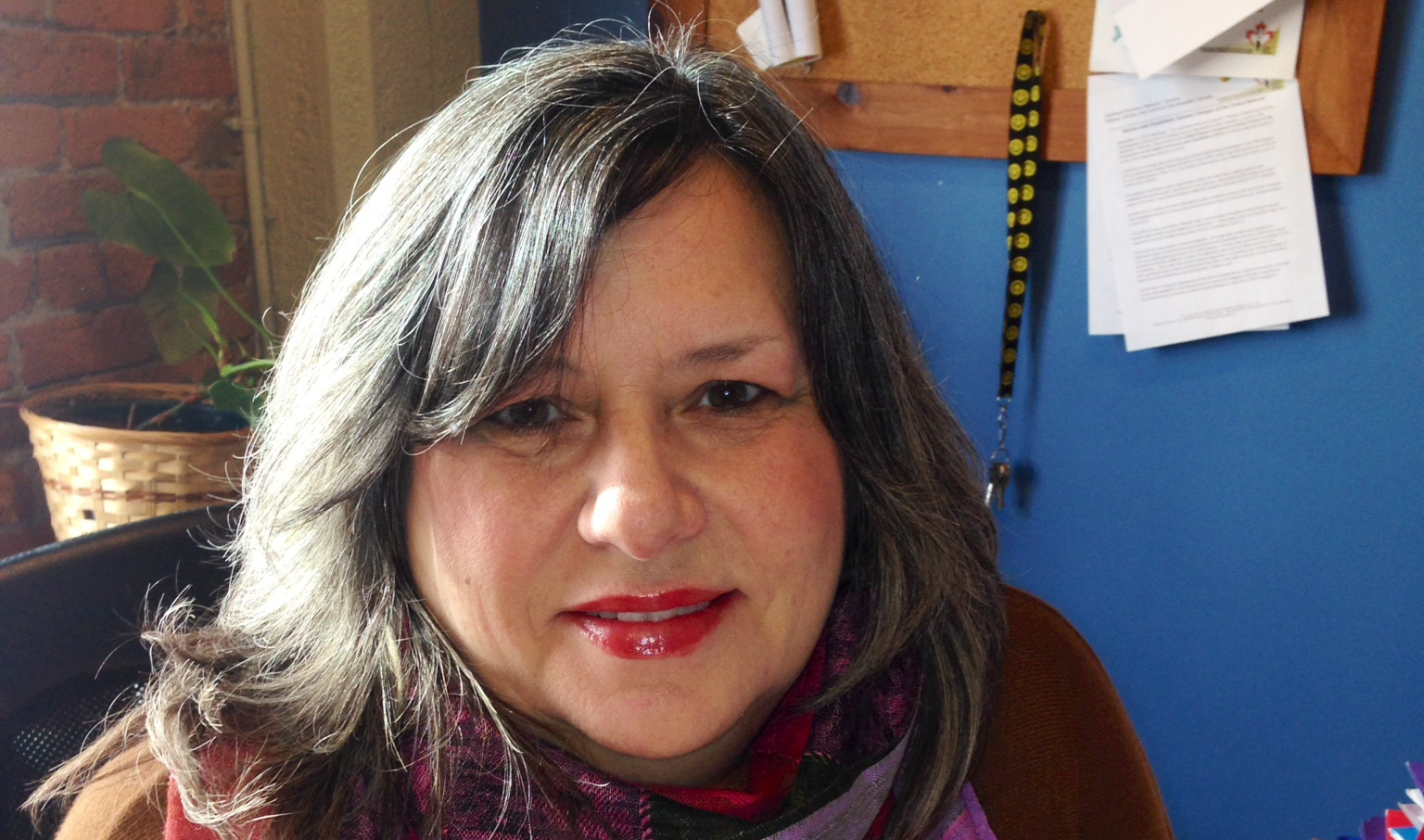Like this article? rabble is reader-supported journalism. Chip in to keep stories like these coming.
How many Canadians today will be thinking about women with disabilities when they think about women’s equality?
In Saskatchewan the theme for this year’s International Women’s Day is Resilience: The Strength of Women Living with Disabilities. Not surprising perhaps from a province full of resilient folks, but surprising because the acknowledgement, understanding and support for women with disabilities and our leadership is still sadly too rare.
The millions of women and girls with disabilities in Canada and the hundreds of millions of our sisters around the world will receive no such acknowledgement.
Women with disabilities in Canada are the poorest, living far below the poverty line. Our unemployment rates are between 50 and 75 per cent, depending where we live in Canada. Women with disabilities experience violence at higher rates than non-disabled women — up to four times higher.
The over-representation of women with disabilities in Canadian prisons speaks not to our pre-disposition to crime, but to the failure of our leaders in getting to the root causes of our oppression — poverty and violence.
An online search shows the international theme for IWD 2016 is Pledge for Parity. There’s a photograph of a white, able-bodied woman on their home page.
When I looked up parity, equality was given as a synonym. Here in Canada our federal government’s slogan for IWD is “Women’s empowerment leads to women’s equality.” It is accompanied by an image of a group of able-bodied women all supporting each other in a pyramid.
Women with disabilities, including yours truly, have had it with the message of equality. News flash to politicians, journalists, feminists and ableists everywhere: equality is not the means by which all women become equal. Equality is the outcome of practicing equity. Equity, however, means more than treating people the same, it means accommodating differences.
I hope that the government of Canada, our minister for status of women and other provincial and territorial leaders along with governments around the world will take note of the leadership shown by Premier Wall.
For the IWD celebrations in Saskatchewan this year, Zelda Rempel, DAWN Canada’s board member from Saskatoon, is not just invited to the party — she will be delivering a keynote address and she will be honoured by the other women in her community.
When we celebrate the resiliency of women with disabilities we are acknowledging that the inequality experienced by women with disabilities is not the same at that of other women.
“Women living with disabilities personify resilience in communities throughout Saskatchewan,” Social Services Minister and the minister responsible for the status of women Donna Harpauer said. “These role models and leaders are strong, determined and courageous in the face of physical, environmental, social and cultural challenges.”
Women with disabilities, Indigenous women, immigrant and racialized women, LGBQT women — all of us “other” women must be at the centre of any messages about women’s equality and must be at the centre of any strategy that purports to lead to equality between men and women.
Equity first!
Bonnie Brayton has been the National Executive Director of DAWN-RAFH Canada (DisAbled Women’s Network of Canada) for almost 10 years.
This blog originally appeared on The Huffington Post Canada.
Like this article? rabble is reader-supported journalism. Chip in to keep stories like these coming.
Photo: Bonnie Brayton



